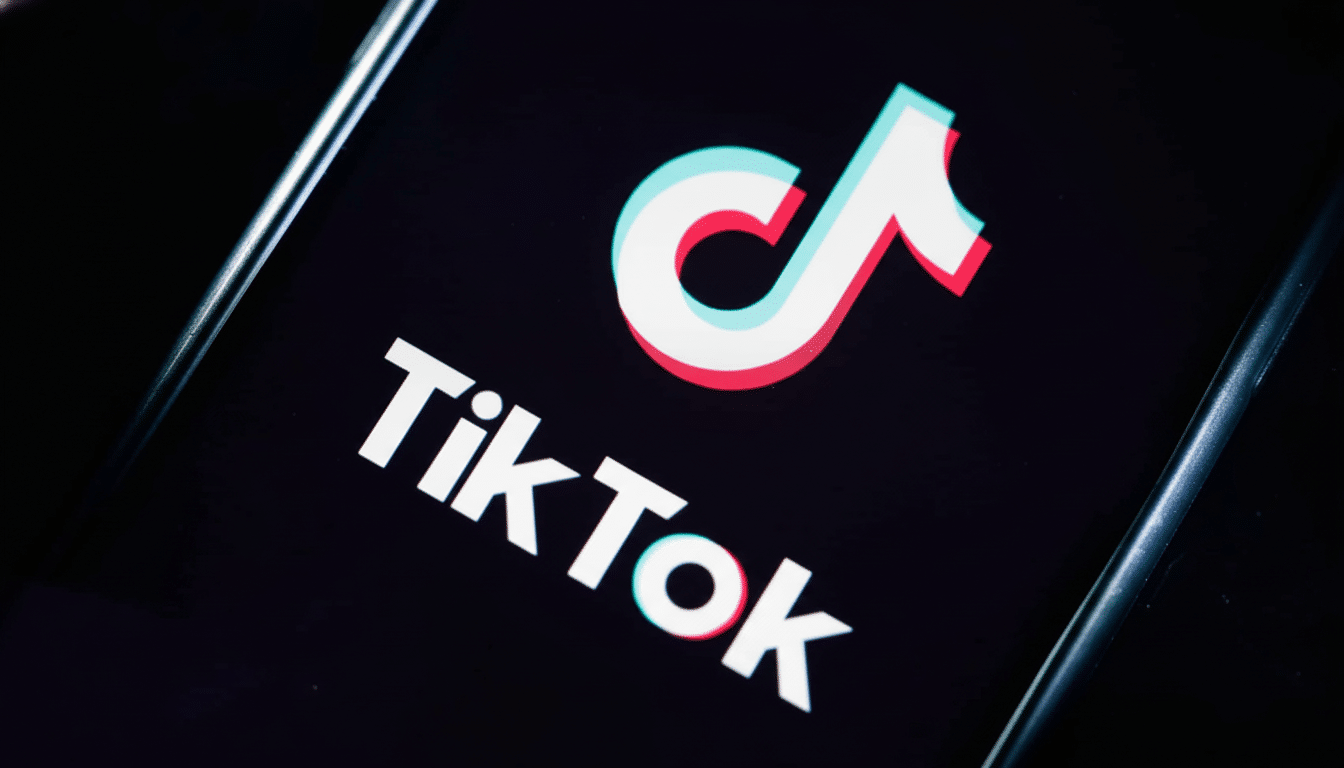New York City has filed lawsuits against Google, Meta, TikTok and Snap in which it claimed their platforms are engineered to deliberately addict young users and exacerbate a mental health crisis among youth. The suit, filed with the city’s Department of Education and Department of Health and Mental Hygiene, claims that companies’ design choices constitute public nuisance and negligence, and it seeks to mandate product changes as well as funding for prevention and treatment.
The filing puts the country’s largest school system at the heart of a rapidly growing legal and policy clash over social media’s impact on children. Google has said it did nothing wrong, and the companies are likely to contest the claims on free-speech and federal immunity grounds.

What NYC alleges about addictive social platforms’ design
Such fears are at the heart of the more than 300-page complaint filed as two lawsuits on Wednesday in federal court, which argued that platforms were designed to drive time-on-site through design features like infinite scroll, autoplay, algorithmically driven recommendations, streaks and push notifications, and that social comparison was ever-present. NYC insists that these features are no accident — they’re a result of user testing and data analysis that take advantage of developmental vulnerabilities in young people.
The suit takes aim at Meta’s Facebook and Instagram, Google’s YouTube, TikTok and Snap’s Snapchat for producing a defective product with their recommendation systems and engagement loops. That is, challenges to the companies’ age verification, what it says are insufficient parental controls by default, and opaque data practices that personalize feeds in a manner critics say leads to more compulsive use and greater exposure to harmful content.
City lawyers also raise public schools’ and health services’ costs: the demand for counseling, classroom disruptions linked to sleep deprivation and inattentiveness, and spending on mental health resources that they say would not be as acute if not for platform design that values engagement over safety.
The legal stakes and strategy behind NYC’s lawsuits
NYC’s case rests on theories of public nuisance and negligence, ones that have been widely employed in opioid and tobacco litigation: the notion that corporate practices created a general harm governments must now clean up. In addition, the city requests injunctive relief, meaning changes to product designs and default settings, as well as funding for youth mental health.
Expect the platforms to claim, in their defense citing Section 230 of the Communications Decency Act and the First Amendment, that they are not responsible for user-generated content and that recommendation algorithms are constitutionally protected speech. Plaintiffs will argue the case isn’t about users’ speech, but product design and marketing to minors.
This filing fits into a larger wave of litigation, including from multiple state attorneys general and school districts across the country. Many of those cases are being litigated in federal court in California, where a multidistrict proceeding has pooled claims about adolescent social media addiction and product design.

The proof and trends for youth mental health
NYC’s complaint comes as evidence grows of youth in distress. About four in 10 high school students consistently felt sad or hopeless in recent surveys by the Centers for Disease Control and Prevention, with higher rates among girls. Emergency room visits for self-harm are up for young girls over the past decade.
Debates about causation are sure to continue, but the U.S. Surgeon General himself warned that social media is a real risk of harm for young people and called for greater protections, access to data for independent researchers, and default limits on youth use. The American Psychological Association has recommended design changes to limit compulsive features and strengthen parental tools.
Use is widespread: Pew Research Center finds that a vast majority of teens use YouTube, while large shares are on TikTok, Instagram and Snapchat; many report “almost constantly” going online. Common Sense Media, which surveys media use by Americans ages 8 to 18, estimates that teens’ daily screen time for entertainment has ballooned from around two and a half hours in 2015, the last time the survey was conducted, to about seven and a half hours (not including time spent using screens for school or homework). Short-form video on platforms like YouTube and TikTok drives much of that growth.
How platforms are responding to NYC’s lawsuits
Google has denied the allegations, noting tools like YouTube Kids and supervised experiences on YouTube, default privacy settings for teens, and Family Link controls. Meta touts time-management dashboards, quiet modes, and age-verification efforts. TikTok promotes default screen time limits for its youngest users, along with content filters and caregiver controls; Snap has a “friend”-centric design that it says inhibits virality.
The companies contend that they are taking steps to take down toxic content, are investing in safety teams and working with experts. They also observe that many potential harms cited by plaintiffs predate or transcend social media, and research on net effects remains mixed. The case in NYC may prove whether courts are inclined to buy that argument when confronted with evidence about particular design choices and how they specifically impact engagement.
What comes next in New York City’s social media case
And while the litigation may drag on, pressure is already reshaping the policy landscape. Lawmakers are considering age-appropriate design standards, data minimization for minors and clearer default protections. Judges could mandate changes to autoplay, notifications and recommendation systems, or demand more powerful age checks and parental controls on teen accounts.
For New York City, it serves two ends: press for design reforms to rein in compulsive use and secure resources to help schools and clinics address the fallout. For the tech giants, the case could also create powerful new precedent in defining where product design stops and legal liability begins — especially when it involves the users in question being children.

